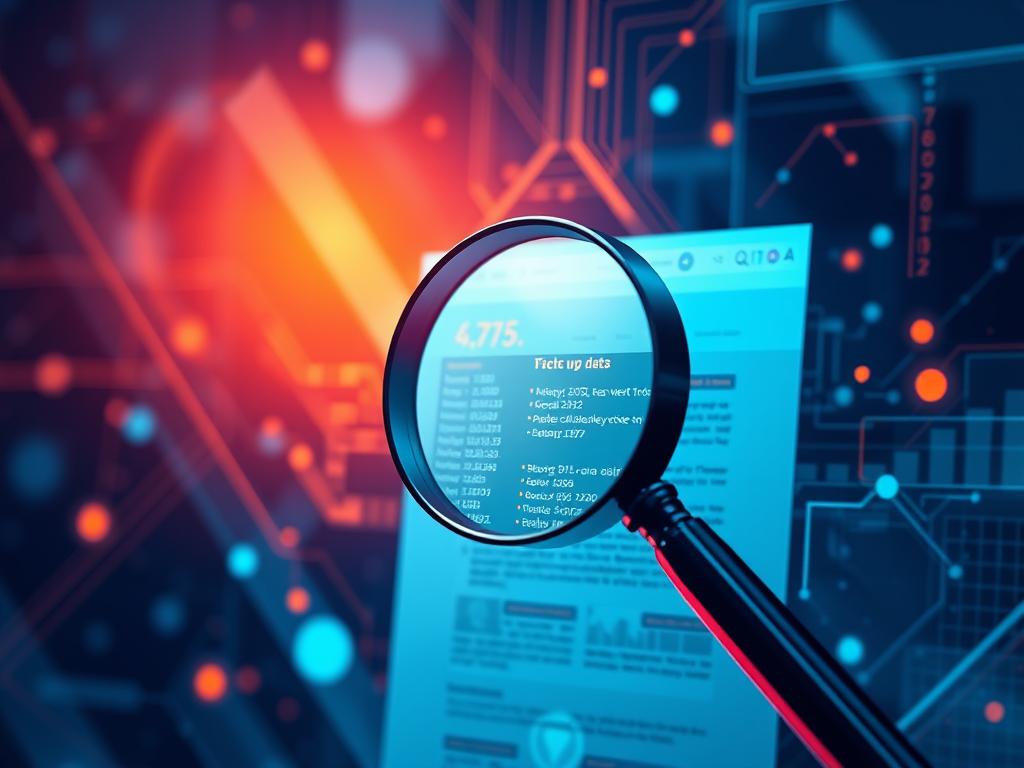Web scraping has become an increasingly valuable tool for accessing and utilizing vast amounts of information available online. While many associate web scraping with commercial applications, its potential for open data creation is equally significant.
This article explores the world of web scraping for open data, highlighting its benefits, challenges, and best practices.

What is Open Data?
Open data refers to information that is freely available to the public for use, modification, and distribution. This data is typically released in machine-readable formats, allowing for easy integration into applications and analysis. Open data empowers individuals, researchers, and organizations to gain valuable insights, foster innovation, and drive societal progress.
The Power of Web Scraping for Open Data
Web scraping automates the process of extracting data from websites. This powerful technique can be instrumental in building open data repositories, covering a wide range of domains:

- Government Data: Extracting public records, budgets, legislation, and policy documents to enhance transparency and citizen engagement.
- Academic Research: Gathering data for research projects, analyzing trends, and uncovering patterns in various fields.
- Environmental Monitoring: Collecting data on climate change, pollution levels, and natural disasters to inform conservation efforts and policy decisions.
- Social Good: Tracking issues like poverty, inequality, and access to healthcare to identify areas needing attention and support.
Benefits of Web Scraping for Open Data
- Accessibility: Makes vast amounts of information readily available to anyone with an internet connection.
- Cost-Effectiveness: Reduces the time and resources required to manually collect data.
- Scalability: Allows for the extraction of large datasets efficiently.
- Timeliness: Enables the collection of real-time data, providing up-to-date insights.
- Transparency: Promotes open access to information, fostering trust and accountability.
Ethical Considerations
While web scraping offers immense benefits, it’s crucial to use it ethically and responsibly.
- Respect Website Terms of Service: Adhere to the rules and regulations outlined by website owners.
- Avoid Overloading Servers: Implement rate limiting to prevent excessive requests that could strain website infrastructure.
- Attribute Sources: Clearly cite the source of the data when using it in your projects.
- Protect Privacy: Avoid scraping personal information without consent and comply with data protection regulations.
Getting Started with Web Scraping for Open Data
- Identify Your Data Source: Determine the websites you want to scrape and the specific data you need.
- Choose a Web Scraping Tool: Select a tool that suits your technical expertise and project requirements. Popular options include Octoparse, Apify, and Scrapy.
- Analyze the Website Structure: Understand the HTML structure of the target website to identify the data you need to extract.
- Write Scraping Code: Use the chosen tool to write code that will navigate the website and extract the desired data.
- Clean and Structure the Data: Process the extracted data to remove duplicates, inconsistencies, and irrelevant information. Format it in a structured way, such as CSV or JSON.
Key Takeaways
- Web scraping is a powerful technique for creating open data, unlocking valuable information for various purposes.
- Ethical considerations are paramount when scraping data, ensuring respect for website terms, privacy, and intellectual property rights.
- Numerous tools and resources are available to support web scraping for open data projects, catering to different skill levels.
Frequently Asked Questions
Open data refers to the practice of making data freely available and accessible to anyone, without restrictions or copyright limitations. It allows users to freely use, reuse, and redistribute the data for any purpose, provided they attribute the source when required. Open data is typically available in convenient formats that facilitate easy access and analysis, promoting transparency and innovation across various sectors.
The use of scraped data for commercial purposes may be subject to restrictions based on the website’s terms of service and applicable copyright laws. It’s essential to review these terms carefully before using scraped data commercially. Additionally, some websites may explicitly prohibit scraping or impose limitations on how their data can be used, which could affect your ability to utilize that data in a business context. These enhanced answers provide clearer definitions and context, making them more informative for users seeking to understand open data and the implications of using scraped data.